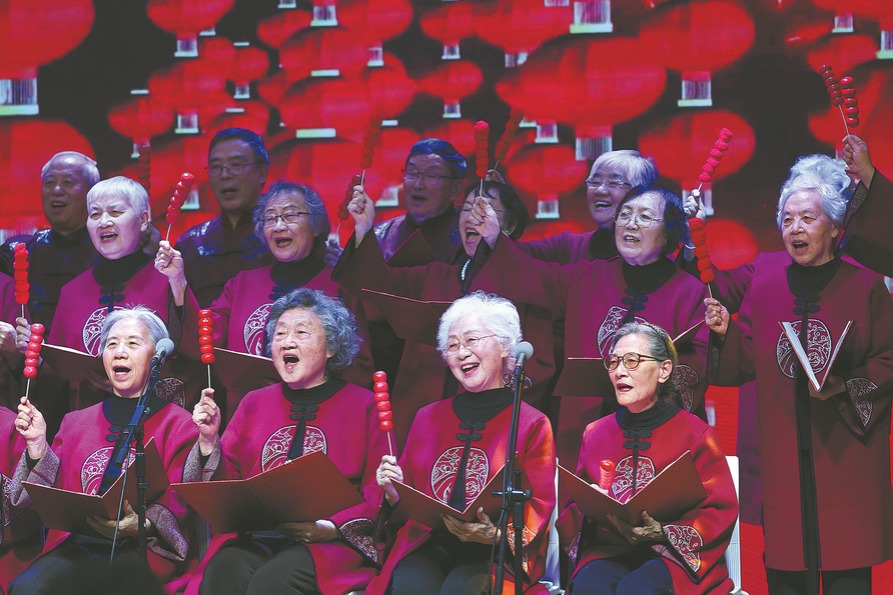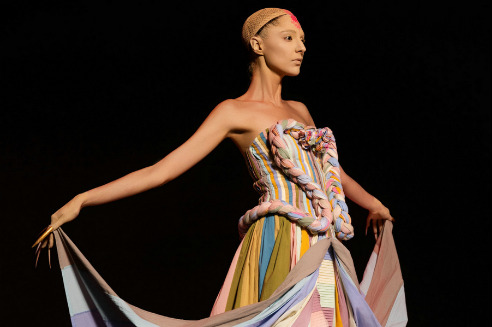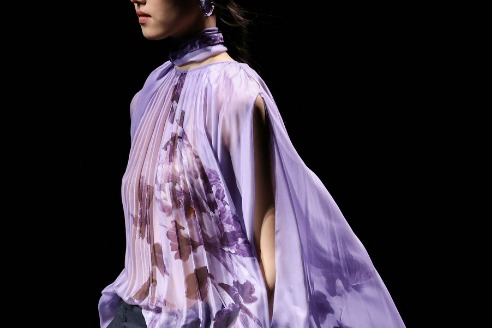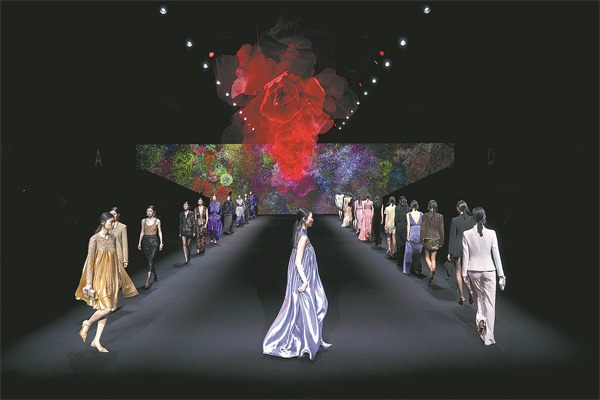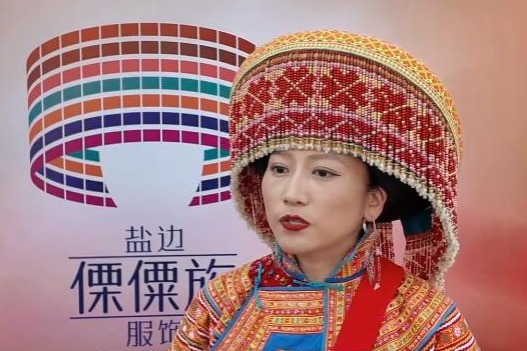Making Miao medicine mainstream

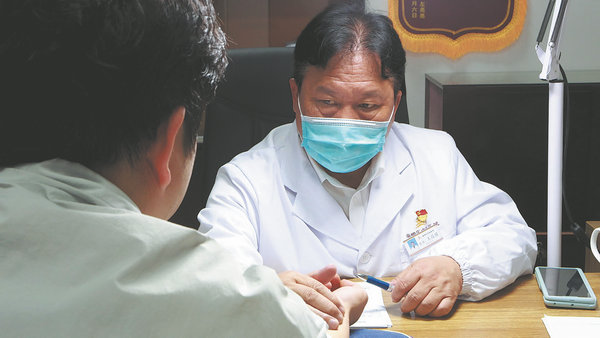
At the age of 8, Wang Changguo began studying traditional Miao herbal medicine under his father. Now 62, he has become one of the most sought-after traditional medicine practitioners in Guizhou province.
As more practitioners of ancient herbal treatments are allowed into hospitals, traditional medicine in the province is becoming mainstream.
On April 7, Miao and Dong healers were on duty at the ethnic medicine department at the Nanming Traditional Chinese Medicine Hospital in the provincial capital, Guiyang.
Guizhou is known for its ethnic diversity, and is home to groups such as the Miao, Dong, and Bouyei. Each group has its own traditional medical system, with theories, remedies and treatment methods that sometimes overlap.
Despite it being the first day of the workweek, the clinic was already crowded with patients. "It's nearly impossible to get an appointment with Wang. Booking several months in advance is normal," one remarked.
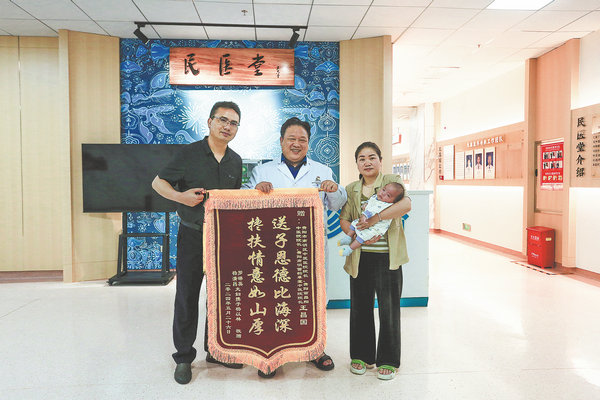
In China, alternative medicine doctors must undergo modern medical education, pass professional exams, and obtain a license to practice. However, some other traditional herbal doctors, many as popular as Wang, have been licensed under a different system on the basis that they have practiced for many years with good results and are specialists in their field.
Attracted by Wang's precise, personalized treatments, patients from all over the country flock to his clinic.
The doctor has a consultation room adorned with thank-you banners given to him by patients from Shandong and Shaanxi provinces. Many express gratitude for his tuina (medical massage) technique, which is recognized locally as a form of intangible cultural heritage, and is credited for treating infertility, a problem for which many seek his help.
"Sometimes, patients even come from Canada, the US and the Philippines," says Cai Mengheng, the hospital's publicity director.
Like most forms of traditional medicine, Miao medicine evaluates a patient's condition through observation, listening, smelling, questioning, pulse-taking and palpation. In addition to prescribing herbs, common treatments include hot compresses, acupuncture, bloodletting, tapping and even rolling boiled eggs on the body.
Wang says that Miao practitioners prefer simple remedies, often using single-herb treatments and rarely prescribing formulas with more than 10 ingredients. All are prepared using fresh herbs.


















